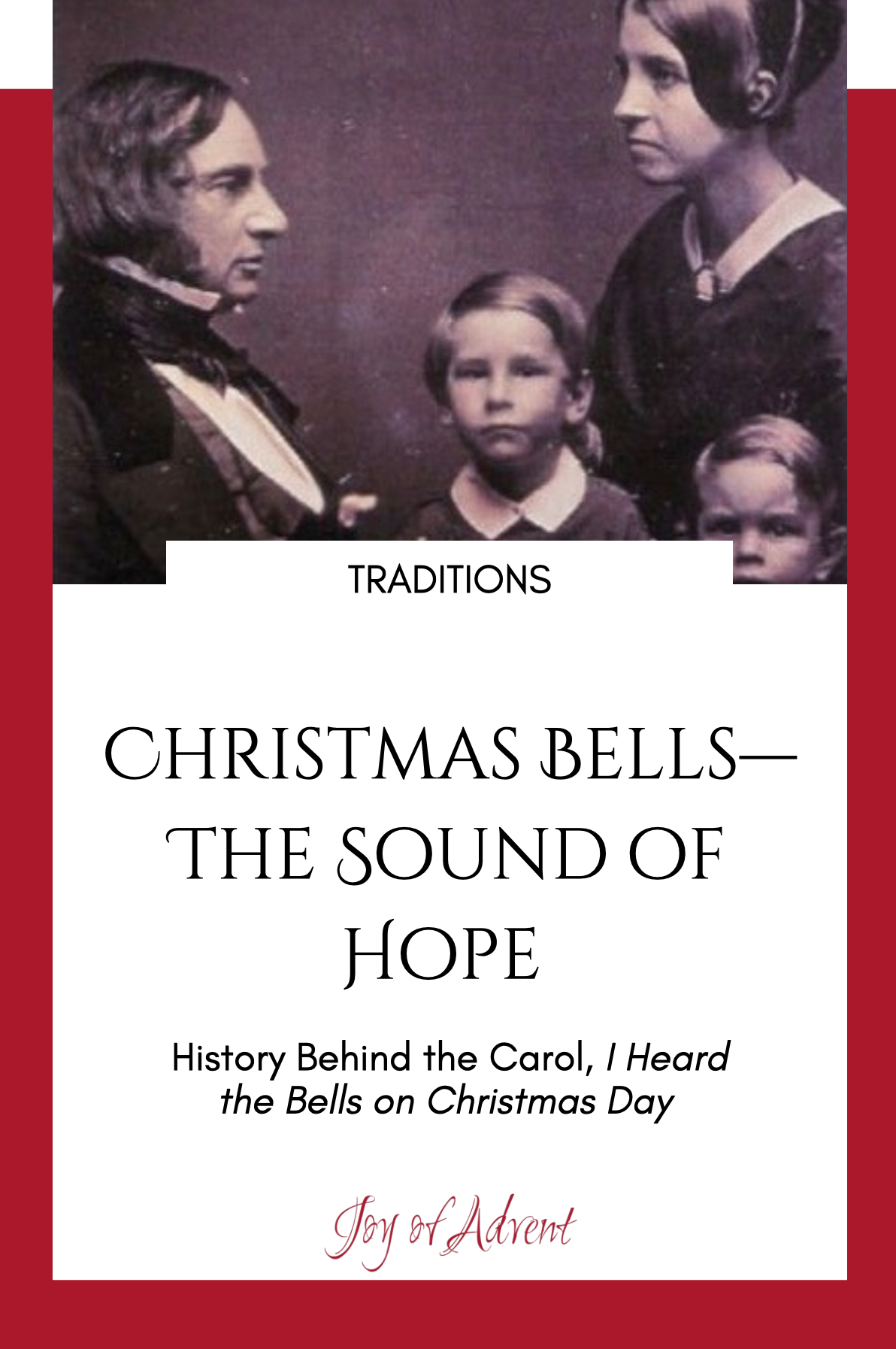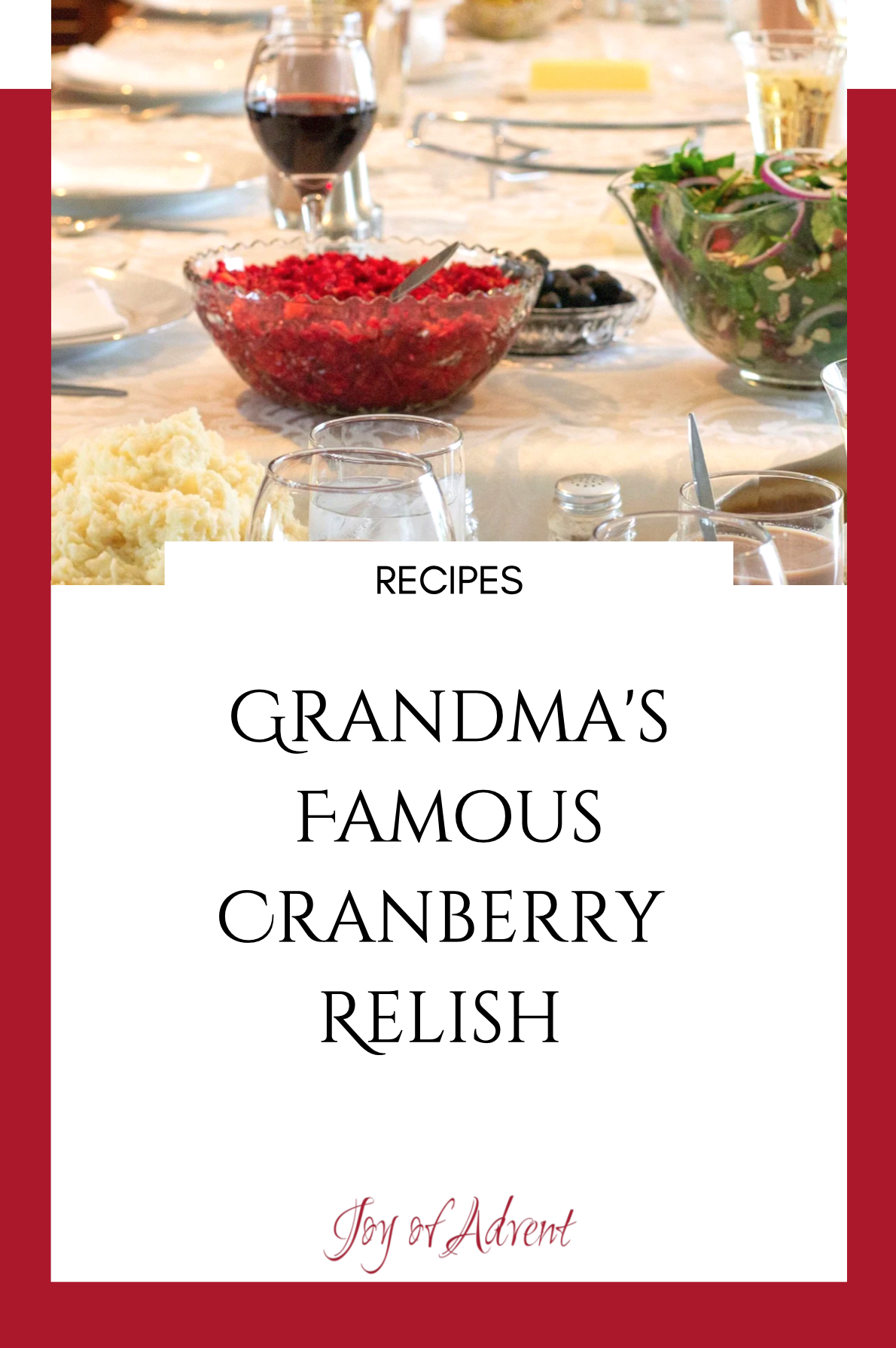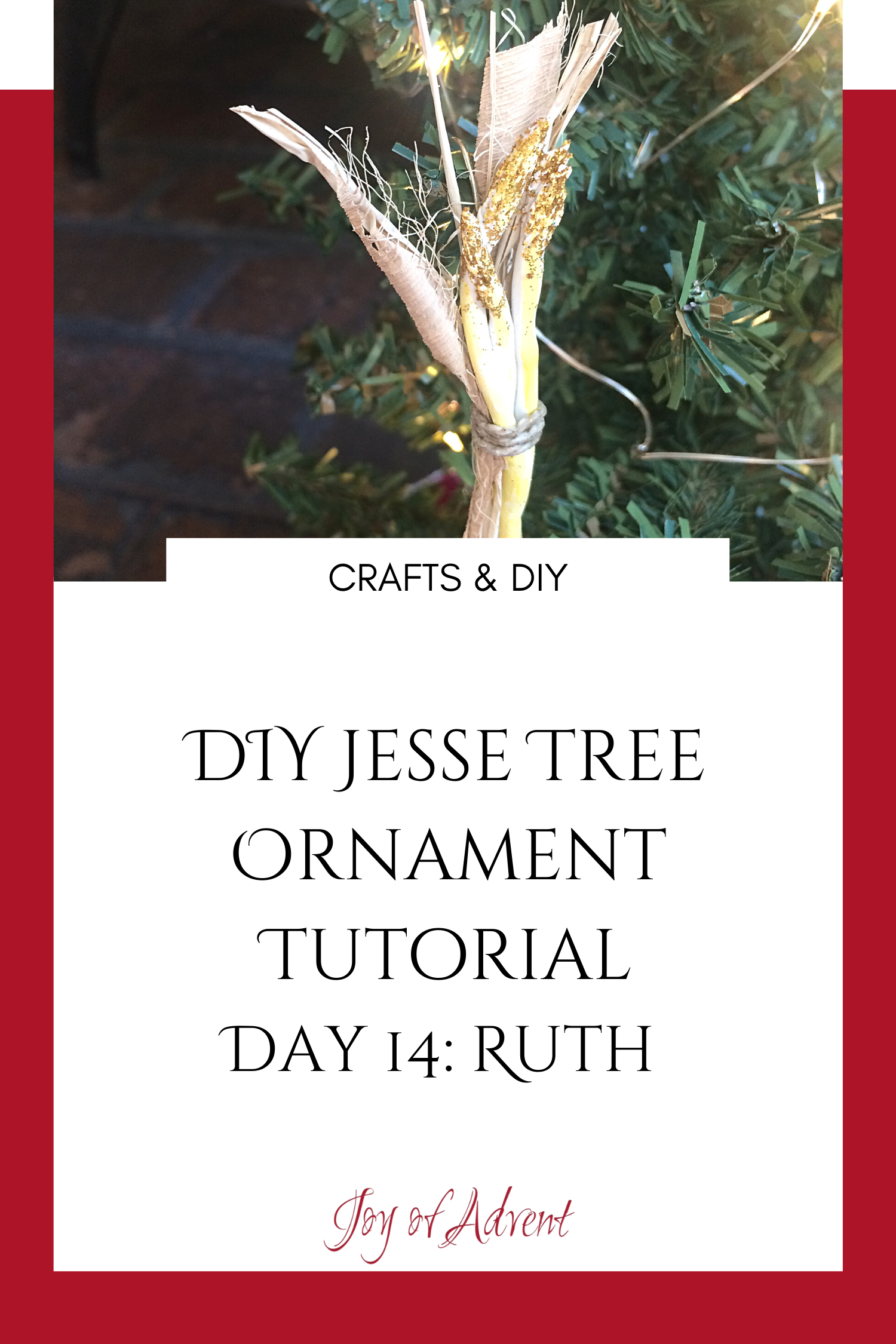Day 14: The Faithful Daughter
Now it came to pass, in the days when the judges ruled, that there was a famine in the land. And a certain man of Bethlehem, Judah, went to dwell in the country of Moab, he and his wife and his two sons. Then Elimelech, Naomi’s husband, died; and she was left, and her two sons. Now they took wives of the women of Moab: the name of the one was Orpah, and the name of the other Ruth. And they dwelt there about ten years. Then both Mahlon and Chilion also died; so the woman survived her two sons and her husband.
Then she arose with her daughters-in-law that she might return from the country of Moab, for she had heard in the country of Moab that the Lord had visited His people by giving them bread.
And Naomi said to her two daughters-in-law, “Go, return each to her mother’s house. The Lord deal kindly with you, as you have dealt with the dead and with me. The Lord grant that you may find rest, each in the house of her husband.”
Then they lifted up their voices and wept again; and Orpah kissed her mother-in-law, but Ruth clung to her.
And she said, “Look, your sister-in-law has gone back to her people and to her gods; return after your sister-in-law.”
But Ruth said:
“Entreat me not to leave you,
Or to turn back from following after you;
For wherever you go, I will go;
And wherever you lodge, I will lodge;
Your people shall be my people,
And your God, my God.
Where you die, I will die,
And there will I be buried.
The Lord do so to me, and more also,
If anything but death parts you and me.”When she saw that she was determined to go with her, she stopped speaking to her.
—From Ruth 1:1–18, 2:1–13, 4:13–22 (NKJV)
“We are foreigners, strangers in a land of desolation. To whom will we cling?”
Reflection
Potentially the most unusual moment in the story of Ruth occurs when she sneaks by night to Boaz’s bed and uncovers his feet. Some commentators believe the language is a euphemism, but experts in ancient cultures learned that land owners during harvest often slept in their fields, clothed, their feet covered with their robes. The act of uncovering Boaz’s feet is one of submission, and it provides a striking visual parallel to Mary Magdalene washing Jesus’s feet with her tears. Whether connected or not, Ruth’s act underscores her unworthiness—she is at Boaz’s mercy, as we are at Christ’s. Reflect today on your need for Grace. You and I are, in every sense, poor wayfaring strangers.
Celebrate Together
Gather the family for today’s Celebration in our book, The Joy of Advent. Step out in faith with Ruth as we entrust ourselves to God, explore the Jesse Tree symbol for today of a sheaf of grain, discover the history behind today’s carol, and enjoy a family conversation (or private journaling) about family trees.
Today’s Jesse Tree Symbol:
A sheaf of Barley reminds us of Ruth’s faithfulness and love.
Inspiration
Ruth and Boaz
George Frederic Watts, between 1835 and 1837. Ruth follows the workers through the fields in hopes that they dropped enough grain for her survival.
Music
Reflect as you enjoy Poor, Wayfaring Stranger that we are all on a journey toward home. [Play Video]
I Heard the Bells on Christmas Day reminds us that “God is not dead nor doth he sleep!” [Play Video]
Visit our Joy of Advent YouTube playlist for featured videos, our Ultimate Christmas playlist for all our favorite carols, or our sing-along carols to enjoy karaoke style.
Prayer
Lord, because you have made me, I owe you the whole of my love; because you have redeemed me, I owe you the whole of myself; because you have promised so much, I owe you my whole being. Moreover, I owe you as much more love than myself as you are greater than I, for whom you gave yourself and to whom you promised yourself. I pray you, Lord, make me taste by love what I taste by knowledge; let me know by love what I know by understanding. I owe you more than my whole self, but I have no more, and by myself I cannot render the whole of it to you. Draw me to you, Lord, in the fullness of your love. I am wholly yours by creation; make me all yours, too, in love. Amen.
St. Anselm of Canterbury (1033–1109)
Resources
Discover the tragic, touching and beautiful history behind the song (originally a poem), I Heard the Bells on Christmas Day. In our world where hate often seems stronger than good, let us remember this story.
Enjoy a printable coloring page of Ruth gathering grain.
Would you like to make Jesse Tree ornaments to accompany your readings? Find tutorials and ideas from simple to advanced at our Jesse Tree Ornaments Pinterest board.
If you’re enjoying this resource, please consider supporting our mission.












